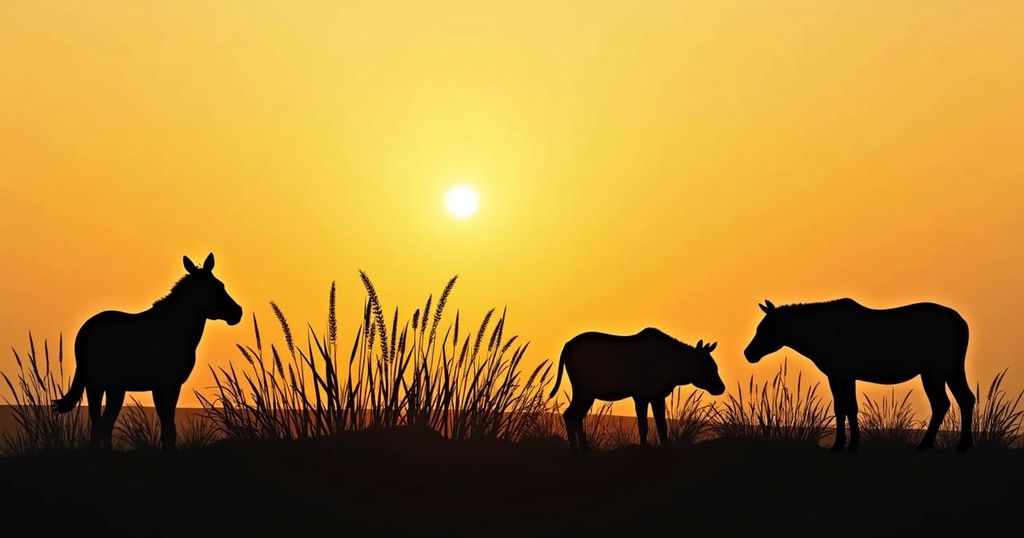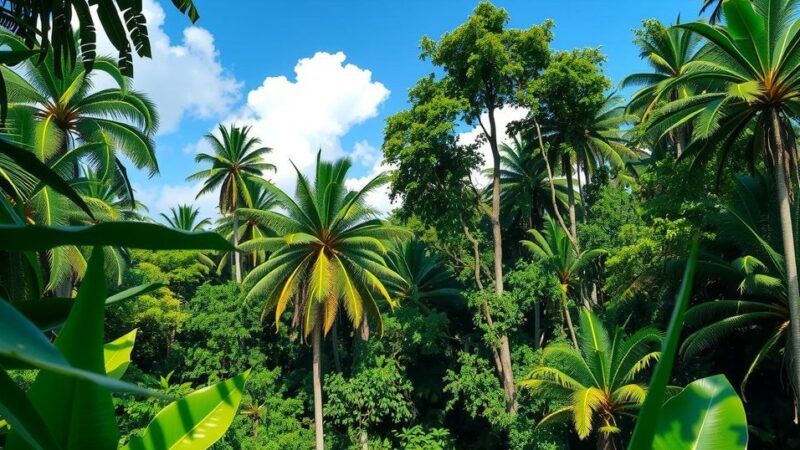India’s decision to lift restrictions on rice exports is positively affecting South Africa, which imports around 10 million tonnes annually. Major importer Pranav Thakkar has noted immediate impacts on orders and market prices. The Chief Economist of the South African Agricultural Business Chamber acknowledged that softened global prices are expected due to improved supply, following concerns about rice shortages earlier this year. This move coincides with India’s harvesting season and is welcomed by local businesses and consumers alike as they anticipate reduced prices.
India’s recent decision to ease restrictions on rice exports has been positively received in South Africa, where approximately 10 million tonnes of rice are imported annually. Pranav Thakkar, representative of Dev International, one of the leading importers of Indian products, highlighted the significance of this development, stating, “It is welcoming news for all the importers like us… India is the next biggest exporter of rice to South Africa.” He noted that orders have already been placed and shipments are in transit, indicating a proactive response to the easing of the export ban. Moreover, Thakkar pointed out that this adjustment would support India’s rice exports, aligning with the harvesting season in India, which typically begins in October and November. The resumption of exports for short-grain white rice, which is widely consumed in South Africa and often re-exported to neighboring regions, is expected to normalize prices that had previously surged. Economic analysts, including Wandile Sihlobo, Chief Economist at the South African Agricultural Business Chamber, reiterated the favorable impact of this news on global rice prices. He remarked, “Global rice prices have softened notably in recent weeks because of expected ample global supplies.” The easing of restrictions follows a period of heightened prices due to a prior ban on non-basmati white rice, a category that represented a substantial portion of India’s rice exports. Sihlobo emphasized that while global concerns regarding rice shortages were valid, supply chains quickly adjusted to prevent a significant crisis. He added, “India accounts for roughly 26 per cent of global rice production,” thus underlining the importance of Indian exports in stabilizing the market. The positive outlook is further echoed by businesses and consumers in South Africa. Mehmood Latif, who operates a restaurant specializing in Indian cuisine, expressed relief at the anticipated reduction in rice prices, noting the impact of previous cost increases on business operations. In addition, Anita Singh, a customer at Shama’s, emphasized that the re-emerging accessibility to lower-priced rice would enable her to resume traditional cooking practices without financial strain.
India’s rice export policies have considerable implications for global markets, particularly for countries that rely heavily on imports, such as South Africa. The easing of a recent ban on the export of short-grain and white rice is a critical development amid global concerns of supply shortages. As one of the leading producers of rice, accounting for approximately 26% of global production, India’s decisions significantly influence pricing and availability on the international market. Prior to this recent announcement, a surge in global rice prices was observed due to fears of potential supply shortages, reflecting the interconnected nature of agricultural trade.
The easing of India’s rice export restrictions is set to provide much-needed relief to South African importers and consumers, contributing to a stabilization of rice prices in the region. As the market adjusts to the resumption of supplies, stakeholders can anticipate a more favorable economic climate regarding rice consumption. This development not only reinforces India’s role as a key player in the global rice market but also reaffirms the importance of international trade in meeting local demand.
Original Source: m.economictimes.com






